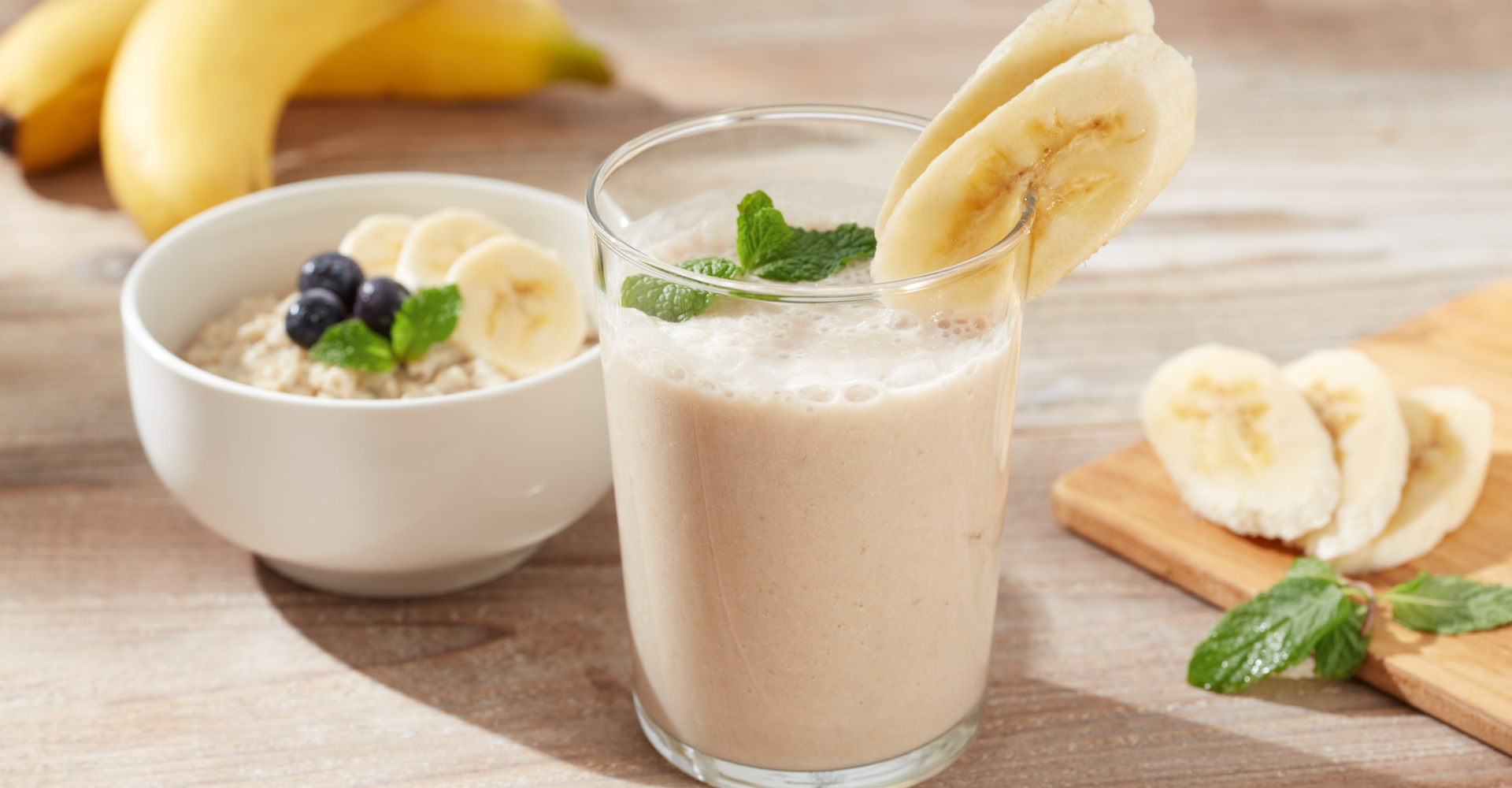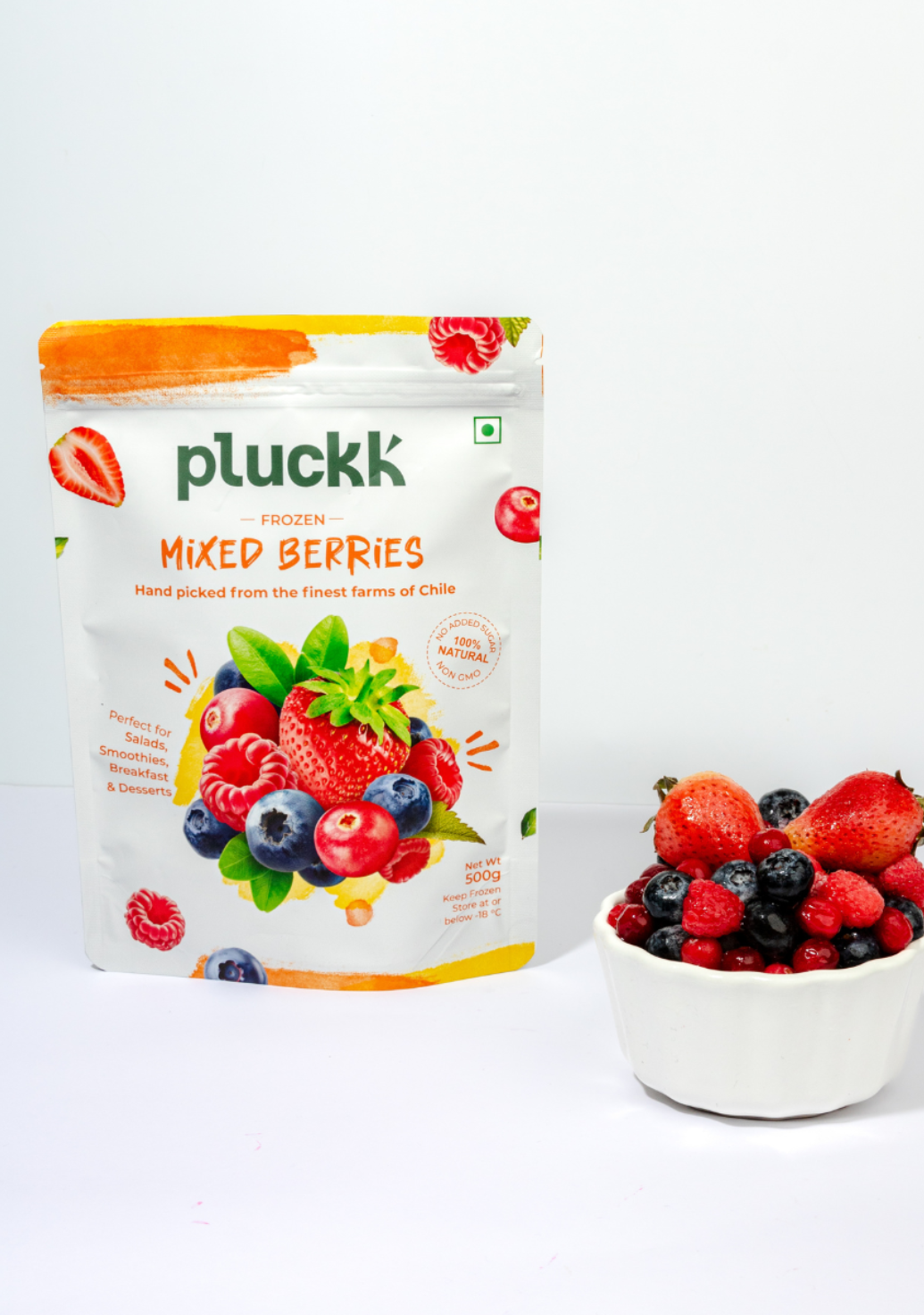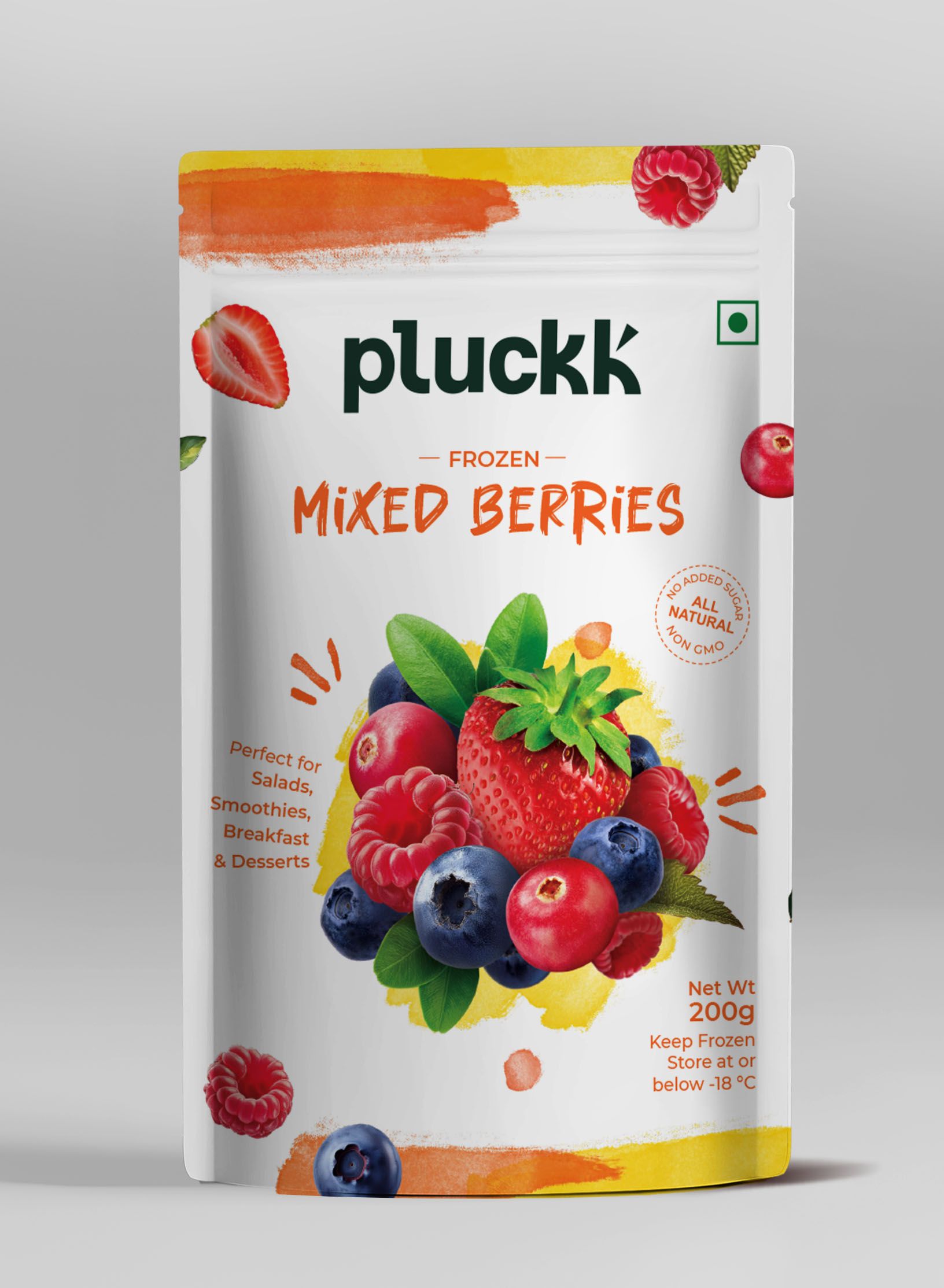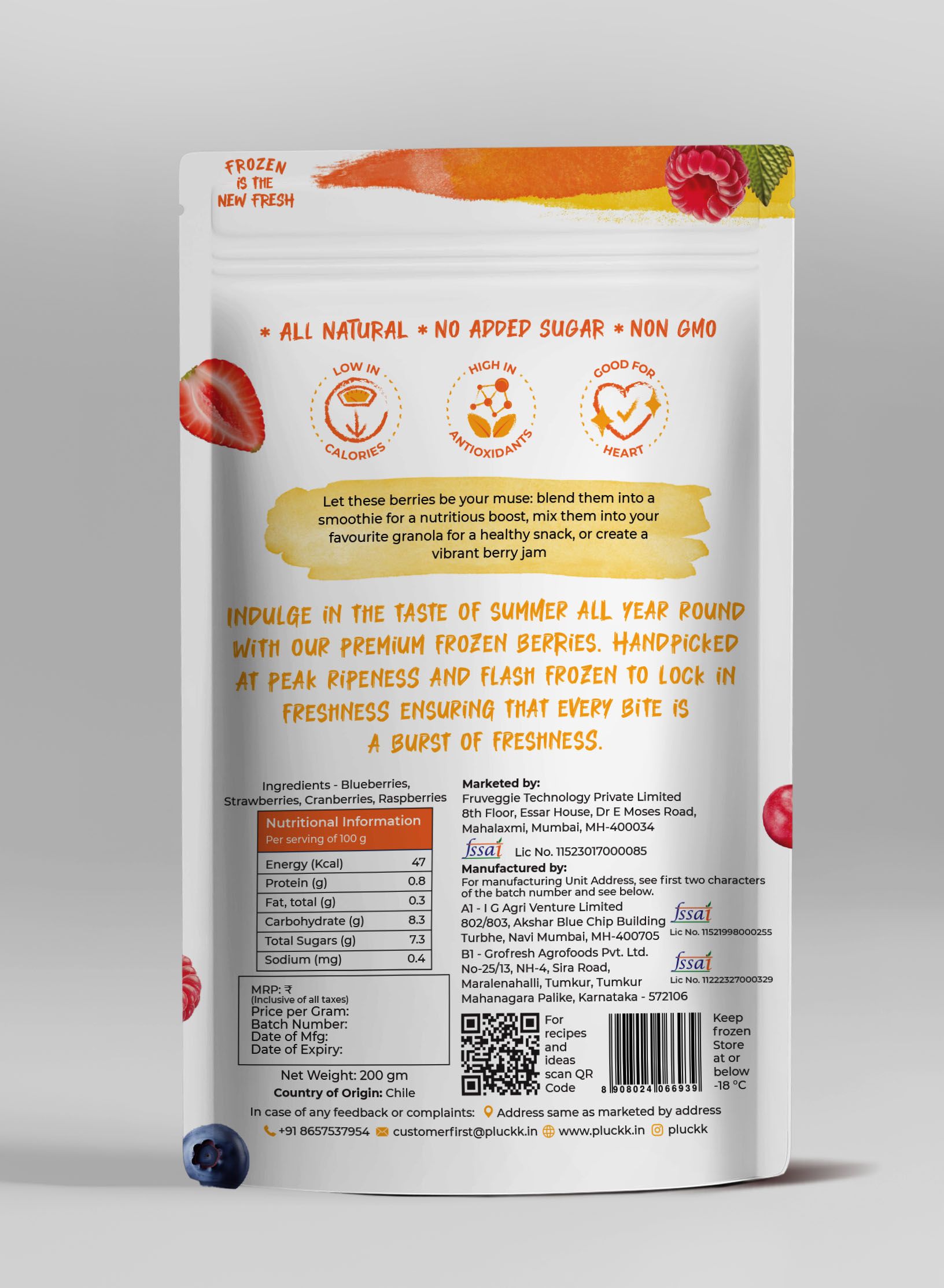
For a better and faster shopping experience, download app
Unkown

10 Fruits and Vegetables That Naturally Improve Sleep at Night
Meta Description:
“Discover 10 fruits and vegetables that help improve sleep naturally. From bananas to kiwis, learn what to eat for restful nights, deeper sleep, and better health—without medicine.”
Introduction
Sleep is the cornerstone of good health, yet millions of people struggle to get enough restful sleep every night. Poor sleep affects your mood, energy levels, cognitive function, and even immunity. While many reach for over-the-counter medications or sleep aids, nature provides some of the best remedies right in your kitchen.
Fruits and vegetables aren’t just packed with vitamins and minerals—they contain compounds that naturally regulate sleep hormones, reduce stress, and promote relaxation. Incorporating sleep-friendly produce into your evening routine can help you fall asleep faster, stay asleep longer, and wake up refreshed.
In this guide, we’ll explore 10 fruits and vegetables scientifically shown to support sleep, how they work, and practical ways to include them in your diet for better rest.
1. Bananas: Nature’s Sleep-Boosting Snack
Bananas are not just a convenient snack—they’re a natural sleep aid. They are rich in magnesium and potassium, two minerals that relax muscles and calm the nervous system. Bananas also contain vitamin B6, which helps convert tryptophan into serotonin and melatonin, the hormones responsible for regulating sleep.
Eating a banana about 30–60 minutes before bed can prepare your body for rest.
How to Include in Your Diet:
- Slice a banana into warm almond milk for a soothing bedtime drink.
- Mash a banana with a sprinkle of cinnamon for a relaxing night snack.
- Blend banana with spinach and a little plant milk for a nutrient-packed smoothie.
Fun Fact: Studies have shown that bananas not only improve sleep quality but can also reduce nighttime muscle cramps due to their potassium content.
2. Kiwis: Tiny Fruits, Big Sleep Benefits
Kiwis are often overlooked, but these small fruits are packed with sleep-promoting nutrients. Kiwis are high in antioxidants and serotonin, which help regulate your sleep cycle and improve sleep duration.
Research shows that eating two kiwis an hour before bed can significantly improve sleep onset, duration, and efficiency. They also support digestion, which is important for a comfortable, uninterrupted night of sleep.
How to Include in Your Diet:
- Slice kiwis over a bowl of plant-based yogurt before bed.
- Make a kiwi smoothie with frozen berries and a dash of honey.
- Enjoy kiwis as a standalone snack after dinner.
Fun Fact: Kiwis are also rich in vitamin C, which helps reduce stress hormones that can interfere with sleep.
3. Cherries: Natural Melatonin for Restful Nights
Cherries, especially tart cherries, are a natural source of melatonin, the hormone that regulates your sleep-wake cycle. Consuming cherries or tart cherry juice can increase melatonin levels in the body, improving sleep quality and duration.
How to Include in Your Diet:
- Drink a small glass of tart cherry juice 30 minutes before bed.
- Add fresh cherries to a salad with spinach, walnuts, and pumpkin seeds.
- Freeze cherries and snack on them as a refreshing evening treat.
Fun Fact: Studies indicate that regular tart cherry consumption can increase total sleep time by up to 84 minutes over a week.
4. Spinach: Relax and Sleep Naturally
Spinach is packed with magnesium, which is essential for relaxation and a healthy sleep cycle. Magnesium deficiency has been linked to insomnia and poor sleep quality. Spinach also contains calcium, which helps the brain use tryptophan to produce melatonin.
How to Include in Your Diet:
- Make a spinach and kiwi smoothie.
- Toss fresh spinach into a light salad with avocado and pumpkin seeds for dinner.
- Blend spinach into soups or stews for a nutrient boost.
Fun Fact: Leafy greens like spinach can improve sleep indirectly by reducing stress and anxiety levels, which often keep people awake at night.
5. Pineapples: Sweet Sleep Enhancer
Pineapple is another fruit that naturally increases melatonin levels. It contains antioxidants and vitamins that support circadian rhythm regulation, helping you fall asleep faster and stay asleep longer.
How to Include in Your Diet:
- Enjoy a small bowl of pineapple after dinner.
- Add pineapple chunks to a fruit salad with kiwi and banana.
- Blend pineapple with coconut water and ice for a cooling night smoothie.
Fun Fact: Pineapple has digestive enzymes like bromelain that not only aid digestion but can reduce bloating that may disrupt sleep.
6. Oranges: Citrus with Sleep Benefits
Oranges are rich in vitamin C and natural sugars that can help stabilize blood sugar levels overnight, preventing energy spikes and crashes that disturb sleep. They also contain folate, which supports serotonin production.
How to Include in Your Diet:
- Eat an orange as a post-dinner snack.
- Make a citrus salad with orange, kiwi, and pomegranate.
- Use fresh orange juice in a calming nighttime smoothie.
Fun Fact: The aroma of citrus can be soothing and help reduce stress and anxiety, two common sleep disruptors.
7. Avocado: Creamy Comfort for Better Sleep
Avocados are rich in magnesium and healthy fats, both of which promote relaxation. Magnesium helps calm the nervous system, while the healthy fats support the absorption of sleep-friendly vitamins.
How to Include in Your Diet:
- Spread avocado on whole-grain toast before bed.
- Add avocado to a spinach and fruit salad.
- Blend avocado with banana and almond milk for a creamy sleep smoothie.
Fun Fact: Avocados also contain potassium, which helps prevent nighttime leg cramps that can wake you up.
8. Sweet Potatoes: Slow-Digesting Carbs for Sleep
Sweet potatoes are a great source of complex carbohydrates that slowly release energy, helping regulate blood sugar levels overnight. They also contain potassium and magnesium to relax muscles and support sleep.
How to Include in Your Diet:
- Bake or steam sweet potatoes for a light dinner.
- Make a sweet potato and spinach mash as a bedtime side dish.
- Roast sweet potato chunks with a drizzle of olive oil for a comforting snack.
Fun Fact: Sweet potatoes are rich in beta-carotene, which can also promote healthy skin while helping you sleep.
9. Berries (Strawberries, Raspberries, Blueberries): Antioxidant-Rich Sleep Allies
Berries are high in antioxidants and vitamin C, which reduce stress and inflammation that can interfere with sleep. They also provide natural sugars that balance blood sugar without causing spikes.
How to Include in Your Diet:
- Add berries to overnight oats.
- Blend into a smoothie with banana and spinach.
- Enjoy a small bowl of berries as a dessert before bed.
Fun Fact: Anthocyanins in berries support serotonin production, promoting calmness and better sleep.
10. Lettuce and Other Leafy Greens: Nighttime Relaxation
Lettuce, particularly romaine and butterhead varieties, contains lactucarium—a compound known to have mild sedative properties. Leafy greens also supply magnesium and calcium, which support relaxation and melatonin production.
How to Include in Your Diet:
- Make a leafy green salad with avocado, berries, and pumpkin seeds.
- Blend lettuce into a calming evening smoothie with kiwi and banana.
- Add lettuce to soups or wraps for a light, sleep-friendly dinner.
Fun Fact: The mild sedative effect of lettuce was historically used in herbal remedies for insomnia.
Tips for Combining Sleep-Friendly Fruits and Vegetables
- Pair fruits with protein or healthy fats to maintain blood sugar levels overnight.
- Avoid late-night caffeine or sugary snacks that can counteract sleep benefits.
- Experiment with smoothies combining multiple sleep-promoting fruits and greens.
- Eat consistently: make these foods part of your evening routine to support circadian rhythm.
FAQs
- Can eating fruits and vegetables really replace sleep medications?
While they won’t cure chronic insomnia, incorporating sleep-friendly produce can naturally improve sleep quality, reduce sleep latency, and support overall health. - When is the best time to eat these sleep-promoting foods?
Ideally, 30–60 minutes before bedtime, either as a snack or in a light evening meal. - Are frozen fruits as effective as fresh fruits for sleep?
Yes, frozen fruits retain most of their nutrients, including antioxidants and melatonin precursors. - Can children benefit from these sleep foods?
Absolutely. Fruits and vegetables that promote relaxation and healthy sleep cycles are safe and beneficial for children and adults alike. - How many servings should I eat at night?
A small bowl (1–2 servings) of fruits or a handful of vegetables is sufficient. Overeating can lead to digestive discomfort and interfere with sleep.
Conclusion
Sleep is one of the most important pillars of health, yet modern lifestyles, stress, and irregular eating habits often make it difficult to get a good night’s rest. While many people turn to medications or artificial sleep aids, nature provides powerful alternatives that are not only safe but also nutritious. Incorporating sleep-friendly fruits and vegetables into your diet can help you fall asleep faster, stay asleep longer, and wake up feeling refreshed and energized.
Firm, juicy, and uniform orange color with sweet & citrusy flavor
- 4 Pcs (700-750 Gms)
- 2 Pc (350-400 Gms)
₹119
Medium size, deep green skin with creamy flesh, buttery and nutty taste
1 Pc (130-180 Gms per pc)









![Kiwi Green [Imported]img 4 Kiwi Green [Imported]img 4](https://im.pluckk.in/unsafe/1053x0/uploads/new_sku_designs_v3/242221220AF/4.jpg)
![Kiwi Green [Imported]img 1 Kiwi Green [Imported]img 1](https://im.pluckk.in/unsafe/1053x0/uploads/new_sku_designs_v3/242221220AF/1.jpg)
![Kiwi Green [Imported]img 5 Kiwi Green [Imported]img 5](https://im.pluckk.in/unsafe/1035x0/uploads/27814-vertical-images-sku-48.jpg)
![Kiwi Green [Imported]img 2 Kiwi Green [Imported]img 2](https://im.pluckk.in/unsafe/1053x0/uploads/new_sku_designs_v3/242221220AF/2.jpg)
![Kiwi Green [Imported]img 3 Kiwi Green [Imported]img 3](https://im.pluckk.in/unsafe/1053x0/uploads/new_sku_designs_v3/242221220AF/3.jpg)




![Orange Valencia [Imported]img 5 Orange Valencia [Imported]img 5](https://im.pluckk.in/unsafe/1053x0/uploads/new_sku_designs_v3/242121266AA/5.jpg)
![Orange Valencia [Imported]img 1 Orange Valencia [Imported]img 1](https://im.pluckk.in/unsafe/1053x0/uploads/new_sku_designs_v3/242121266AA/1.jpg)

![Orange Valencia [Imported]img 2 Orange Valencia [Imported]img 2](https://im.pluckk.in/unsafe/1053x0/uploads/new_sku_designs_v3/242121266AA/2.jpg)
![Orange Valencia [Imported]img 3 Orange Valencia [Imported]img 3](https://im.pluckk.in/unsafe/1053x0/uploads/new_sku_designs_v3/242121266AA/3.jpg)
![Avocado Hass [Imported]img 1 Avocado Hass [Imported]img 1](https://im.pluckk.in/unsafe/1035x0/uploads/26867-vertical-images-sku-35.jpg)










